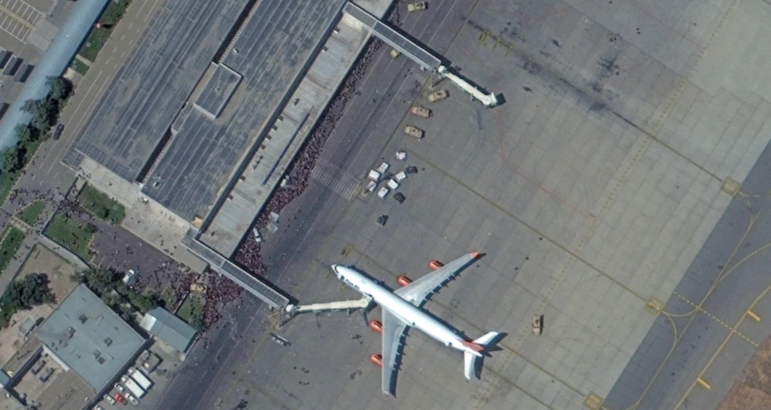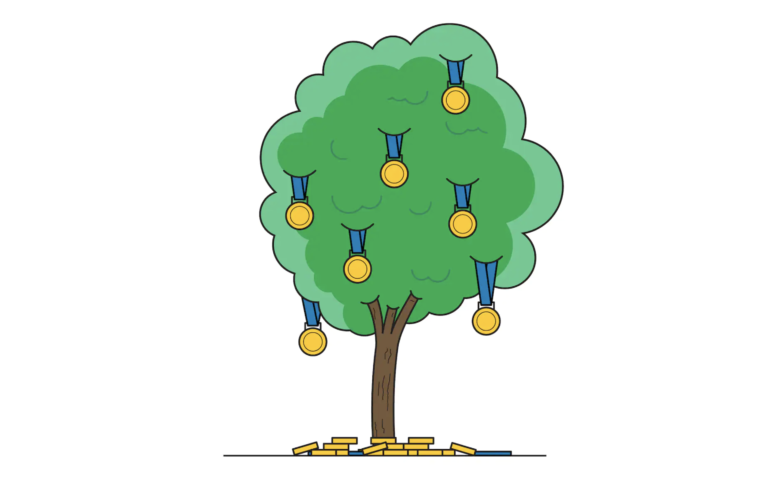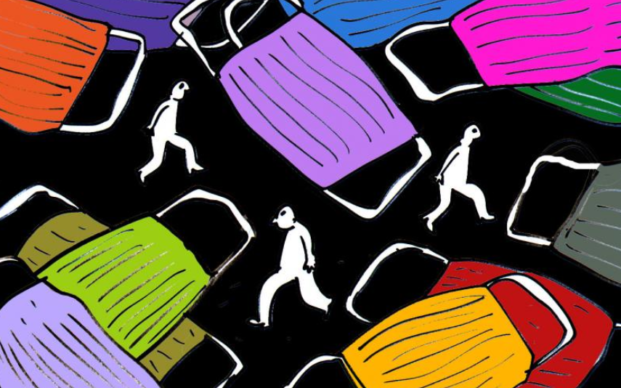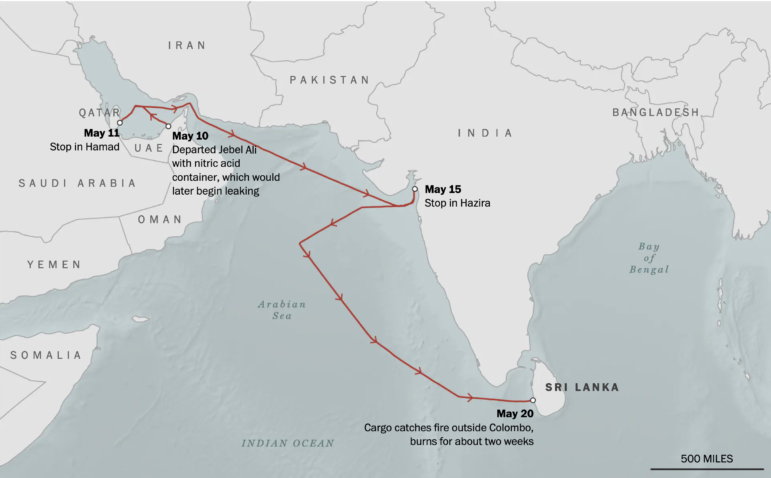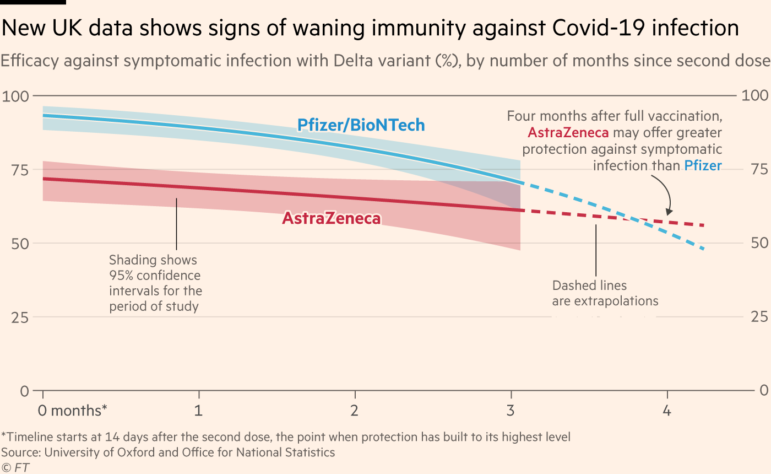
Data Journalism
Data Journalism Top 10: Fading Immunity, Women Losing Work, Myanmar Murders, Teen Pregnancy, Britain’s Wealth Gap
Tracking some of the most popular data journalism stories on Twitter from August 23 to 29, we found a thread by Financial Times journalist John Burn-Murdoch exploring what we know so far about the long-term effects of immunizations, a look into the pandemic’s impact on the global female workforce by The Washington Post, and an investigation into teen pregnancies in Peru by OjoPúblico.

